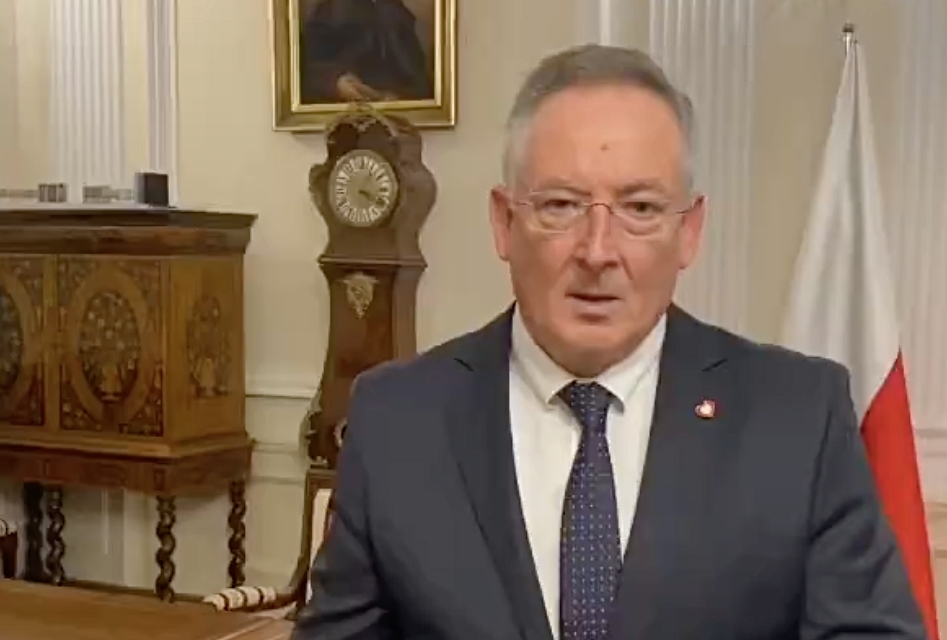The revelations of a black list being drawn up by the Polish Ministry of Culture under Bartłomiej Sienkiewicz has been called “a scandal and an attack on civil society” by Marcin Warchoł, the former justice minister in the conservative Law and Justice (PiS) administration.
“It’s the destruction of social organizations and media institutions. It’s not just public media anymore, but also private associations and foundations that do not speak with Donald Tusk’s voice are to be attacked. It’s simply about closing the system,” Warchołd told television wPolsce.pl.
The news outlet wPolityce.pl obtained the list from an exchange of correspondence between the ministry and one of its contacts, in which the ministry discusses cutting funding and contact with a number of media outlets and organizations.
The blacklisted bodies include the Christian charity Caritas Polska, the Catholic legal think tank Ordo Iuris, independent television TV Republika, conservative weeklies Do Rzeczy, Sieci, Fronda and Tygodnik Solidarność, as well as a large number of Catholic and conservative civil society groups.
According to Marcin Warchoł, the Tusk government is attempting to remove institutions from the public space which do not agree with his politics and which project alternative messages in order to silence them and shut them out of public life.
Popular conservative commentator Rafał Ziemkiewicz told portal DoRzeczy.pl that “he is proud of seeing the weekly magazine Do Rzeczy blacklisted and that he would have been more upset had the weekly been sponsored by the ministry under minister Sienkiewicz’s stewardship”.
Ziemkiewicz also said that the government is trying to imply that there was something corrupt about civil society organizations and media benefitting from publicly funded grants.
He added that the actions of the Tusk government remind him of the action taken by the provisional government after the February revolution in Russia of 1917; the government then thought that holding the Tsar’s family and its intense investigation into Rasputin would be enough, but the people expected that it would tackle their real problems, such as food and security.
Asked why he thought institutions like Christian charity Caritas were being blacklisted, Ziemkiewicz said that this was a signal that the Catholic Church was now regarded as an enemy by the government and was to be attacked whenever it competed for funding with charity and ideological initiatives in support of LGBT rights, which were supported by the present parliamentary majority.
“Anything that comes from conservative circles is to be condemned and combatted,” concluded Ziemkiewicz.






